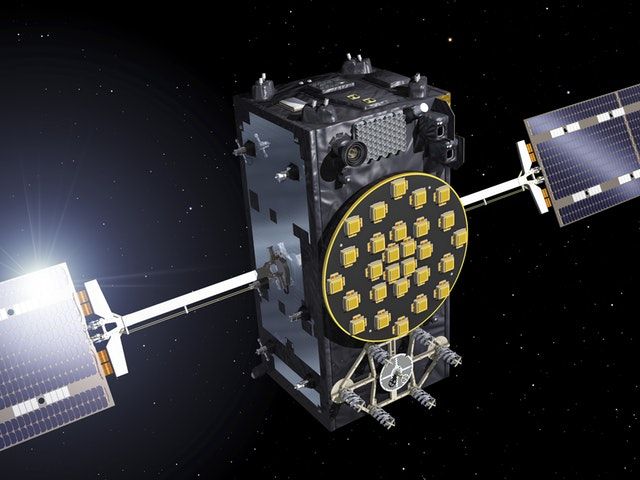

Jersey could host infrastructure for a new British satellite navigation system if the EU gets frozen out of plans for a €10billion EU alternative to GPS.
The UK played a major part in the development of the European Union’s Galileo project, which will see 30 satellites launched to provide navigation data as a rival to the US-based global positioning system (GPS) by 2026.
But since the Brexit vote, the project’s security monitoring centre has been moved from London to Madrid, while EU officials have signalled that the nation could be stopped from bidding on contracts over security fears about divulging sensitive information to a departing member state. UK army and emergency services also face being denied access to its encrypted signals.
Prime Minister Theresa May has now threatened to quit the project – for which Britain provides around 12% of the costs and gains 15% of the work – altogether.
#Satellite positioning has become a vital part of our daily lives and is a key for #farming, #science, precise #timing and #EmergencyResponse. This is #Galileo! https://t.co/BP1kfFlQBY
— European GNSS Agency (@EU_GNSS) January 16, 2018
She has tasked UK Space Agency experts with drafting options for a British Global Navigation Satellite System.
The plans will include options for both civilian and encrypted signals, meaning that the British system would be able to guide everything from satnavs to missiles.
Under the proposals, Jersey and Guernsey could be expected to host some of the ground-based infrastructure for the system.
The Crown Dependencies and Overseas Territories would form part of a global network of locations needed to make the project work, Downing Street said.
Estimated to cost around the same as the UK’s Galileo contribution each year, it is hoped that the project will launch by the mid-2020s.
The EU has stated that the UK will be able to use Galileo’s open signal even if it is no longer able to participate in the project’s development.
A recent review revealed, however, that a failure of a GPS satellite service could cost the UK economy up to £1billion a day, with serious implications for the nation’s defence, critical infrastructure and emergency response capabilities.
“We want full access to Galileo, including the crucial secure elements that will help guide British missiles should they be needed to keep us all safe... If we don’t get access, we will find an alternative," a Downing Street official told the Financial Times.
Business Secretary Greg Clark and Defence Secretary Gavin Williamson are leading the political efforts on the project. They'll have to convince UK businesses to invest their efforts into a British system.
Even if successful, the cost of a Galileo rival could still be an obstacle, with UK defence budget already squeezed.
Lead photo: A proposed photo of the Galileo satellite. (European Space Agency)
Comments
Comments on this story express the views of the commentator only, not Bailiwick Publishing. We are unable to guarantee the accuracy of any of those comments.